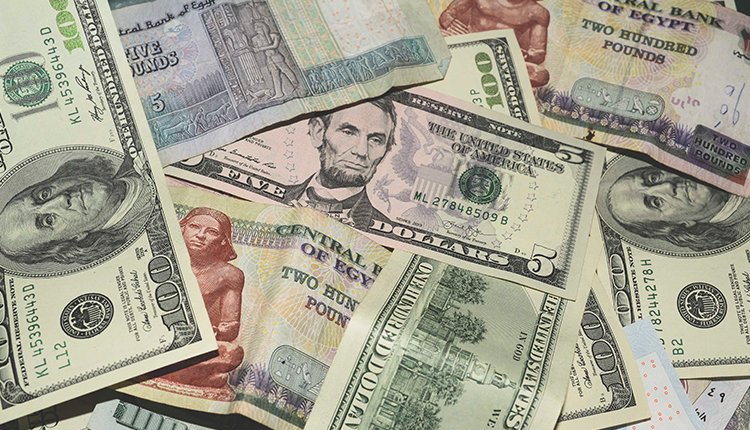The Egyptian pound has climbed to its highest value against the U.S. dollar since November 2024, reigniting debate among investors and economists over whether the rally is sustainable. As of Thursday, 24 July, the pound was trading near EGP 49 per dollar, rebounding sharply from levels above EGP 51 just weeks earlier.
The appreciation follows shifts in global capital allocation, as markets have increasingly rotated away from the U.S. dollar in recent months, driven by expectations of Federal Reserve rate cuts and rising geopolitical uncertainty. As capital moves into emerging markets and select European economies, the Egyptian pound has emerged as a surprising beneficiary.
Analysts attribute the appreciation to a confluence of domestic reforms, international investment inflows, and a favorable turn in global monetary dynamics. This trend has translated into heightened interest in Egypt’s high-yield treasury bills and specialized financial instruments like Currency Investment Products (CIPs), which have drawn both institutional and retail capital from abroad.
On the domestic front, Egypt has made structural strides to revive investor trust. A resurgence in both direct and portfolio foreign investments has bolstered optimism, while the Central Bank of Egypt continues to anchor its policy toward stabilizing inflation and supporting external balances.
Particularly noteworthy is Egypt’s ongoing collaboration with the International Monetary Fund. The government has pledged to complete the fourth through sixth reviews of its USD 8 billion loan (EGP 392.48 billion) program by September and October, with an additional tranche of funds expected upon approval.
Meanwhile, strategic economic ties with the Gulf and regional partners are deepening. Kuwait is in advanced talks with Egypt to convert USD 4 billion (EGP 196.24 billion) in central bank-held deposits into direct investments. In tandem, Qatar is preparing large-scale investments in Egypt’s North Coast and New Alamein tourism zones, while Saudi Arabia continues to channel funds into infrastructure and energy ventures.
Even amid security disruptions in the Red Sea, recent gains in Suez Canal traffic have offered cautious optimism. While canal revenue dropped 54 percent in the first months of the year compared to 2024, a rebound in vessel activity hints at stabilization. Simultaneously, tourism and remittance inflows are helping buffer Egypt’s foreign currency reserves, aided by improved security conditions in major tourist destinations.
Inflation, once a pressing concern, has eased significantly, dropping to 14 percent by the end of June.
Despite its recent appreciation, the Egyptian pound remains significantly undervalued by approximately 57.9 percent, according to the Raw Index. The gap suggests continued upside potential for investors, while helping to ease concerns over capital flight and further strengthening Egypt’s external debt position.







Comments (0)